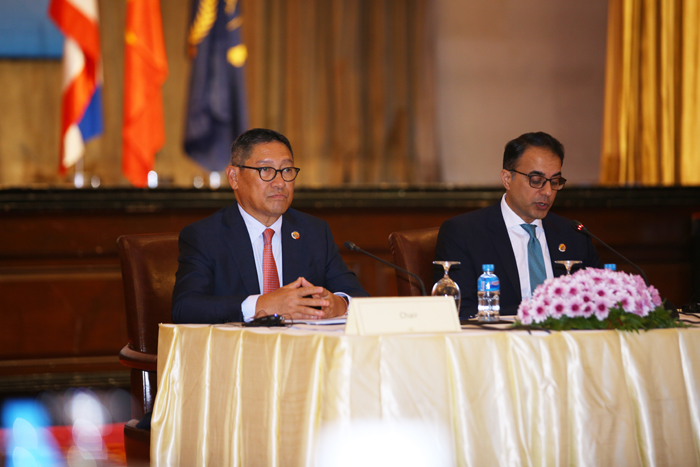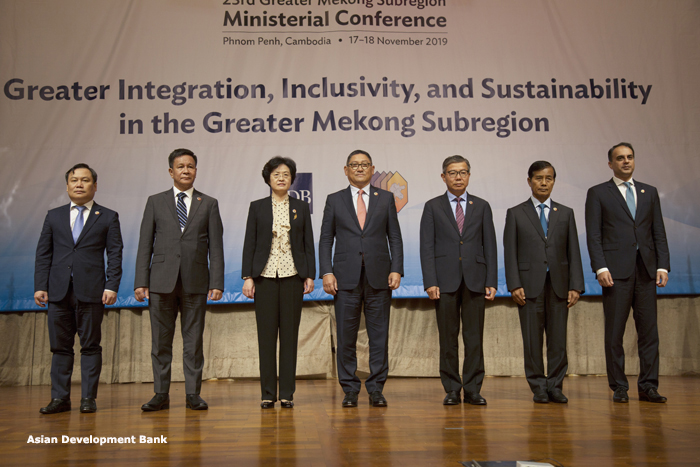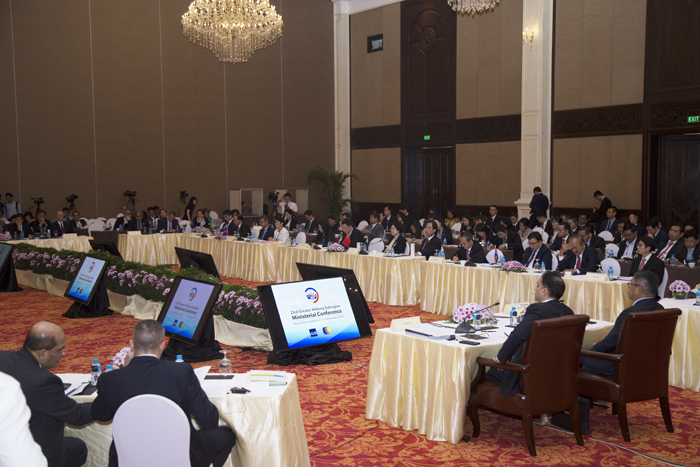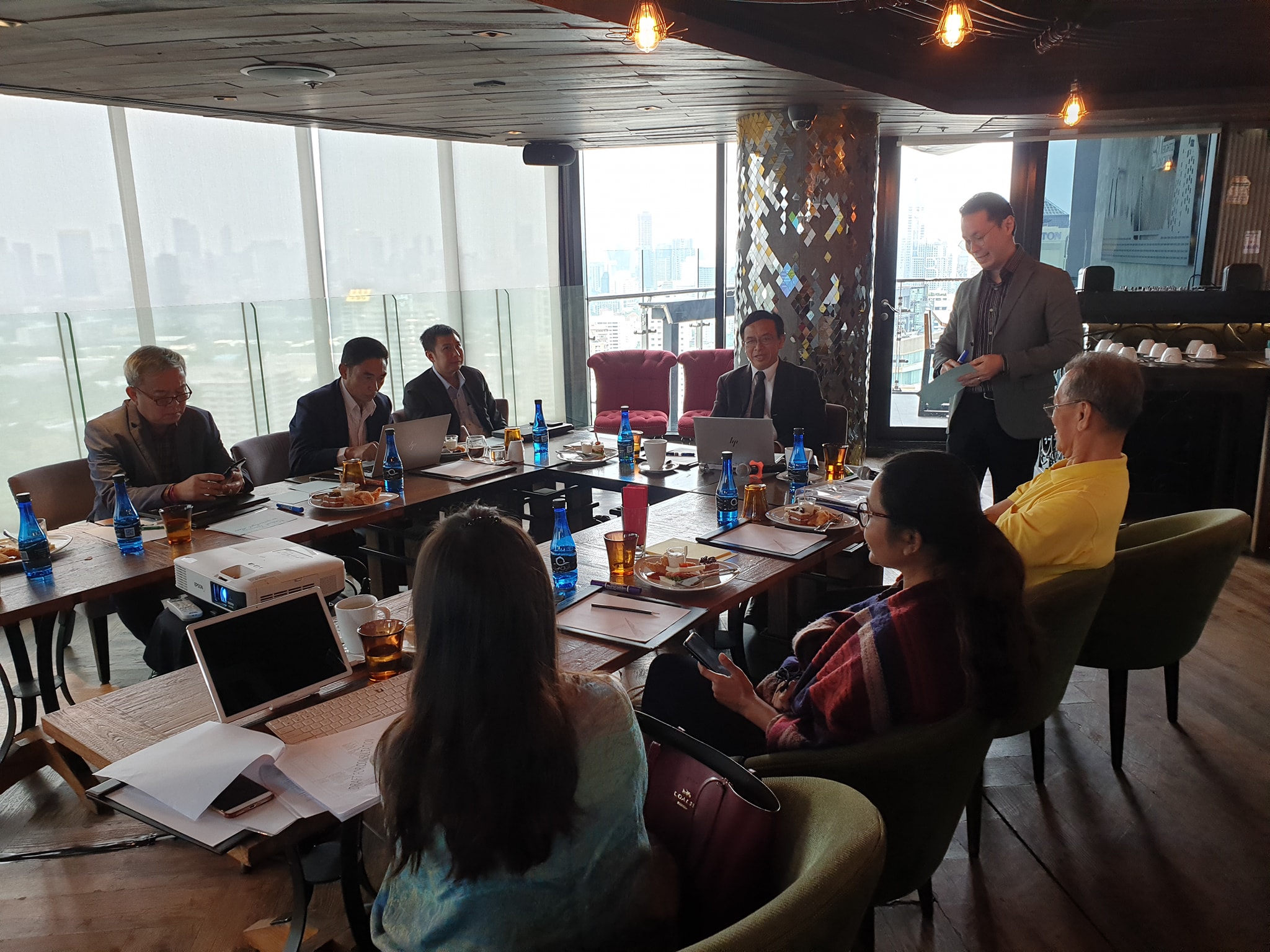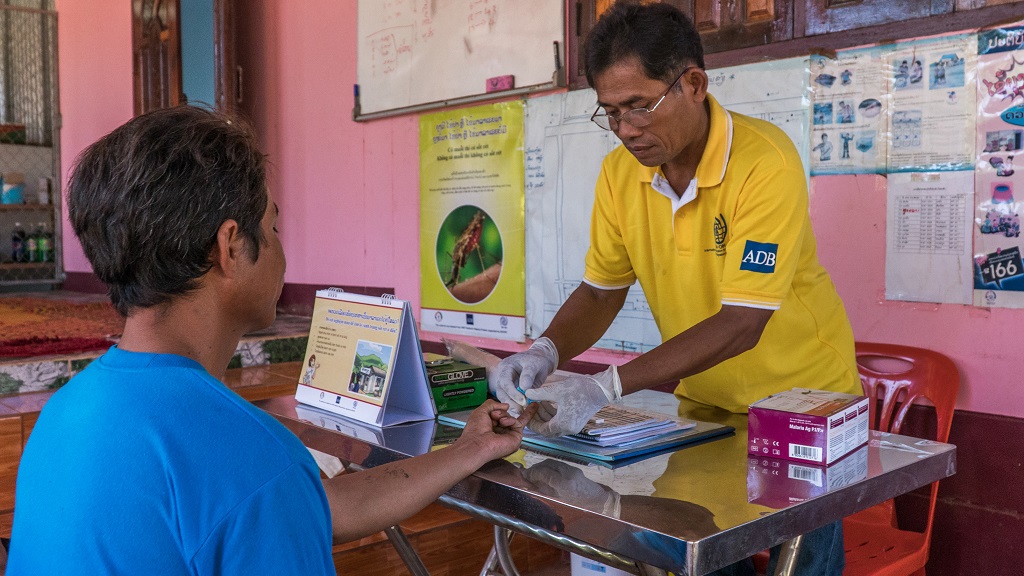
Identifying Strategies and Policies to Improve Health Services’ Access and Availability for Ethnic Groups and Vulnerable Populations in the Greater Mekong Subregion
Identifying Strategies and Policies to Improve Health Services’ Access and Availability for Ethnic Groups and Vulnerable Populations in the Greater Mekong Subregion
The Ministry of Health (MOH) of the Lao People's Democratic Republic (Lao PDR) conducted a Regional Workshop on Identifying Strategies and Policies to Improve Health Services’ Access and Availability for Ethnic Groups and Vulnerable Populations in the Greater Mekong Subregion (GMS) on 12–13 December 2019 in the Don Chan Palace Hotel, Vientiane.

